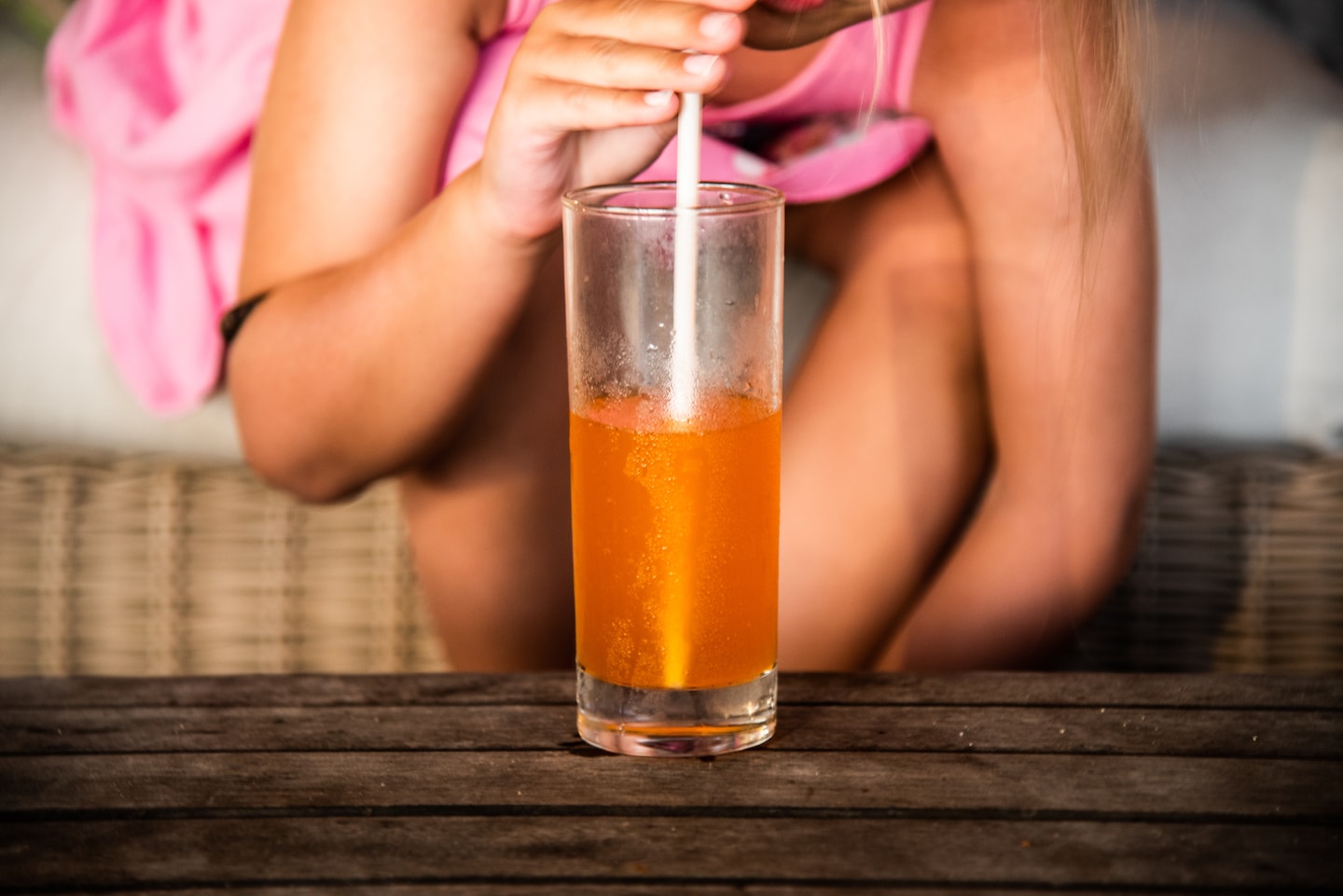The Food and Drug Administration has proposed banning brominated vegetable oil, an ingredient found in fruity and citrus-flavored sodas, including Sun Drop and some store brands, over concerns of toxic effects shown in animal studies.
The facts:
- The agency’s decision could affect Sun Drop as well as store-brand orange, pineapple and citrus-flavored soda from Giant, Food Lion, Walmart and others.
- Animal studies show “clear adverse effects” from the ingredient, the FDA said. Research has found that the ingredient is potentially harmful to the thyroid, liver and heart and could cause neurological problems.
- The additive is used to keep fruit flavors from separating in drinks and floating to the top. The FDA said many companies have already reformulated their beverages to replace brominated vegetable oil with other ingredients.
- Consumers can read the ingredient label to determine if a soda or other product contains brominated oil.
Background:
Brominated vegetable oil, or BVO, is a vegetable oil that has been modified with bromine, a natural element that can be used as an alternative to chlorine in swimming pools and historically was used as a sedative. It has been used in food since the 1920s, according to the FDA.
The FDA said it conducted studies that “clearly show adverse health effects” in animals in levels “closely approximating real-world exposure.” In studying the ingredient, the FDA looked at potential toxic effects on rodents. Test animals fed foods with BVO were found to have accumulated bromine in body tissue. Research also found that BVO had toxic effects on the thyroid — a gland that produces hormones that help regulate blood pressure, body temperature, heart rate and metabolism.
“Animal and human data, including new information from recent FDA-led studies on BVO, no longer provide a basis to conclude the use of BVO in food is safe,” the agency said.
California banned brominated vegetable oil in food in October, along with three other food additives, becoming the first U.S. state to do so. BVO is also banned in the European Union and Japan.
One 2008 study reported on a man who consumed two to four liters of BVO-containing soda daily and developed fatigue, muscle control problems, memory loss and neurological issues, leading to a diagnosis of bromism, a rare condition caused by chronic exposure to bromine, which in this case was caused by excessive consumption of the soda.
In 2003, doctors in Ohio treated a man with swollen hands and oozing sores. They diagnosed a rare case of the skin condition bromoderma after blood tests revealed that his bromine was about twice normal limits. The man admitted drinking about eight liters daily of a red fruity soda that contained BVO.
What people are saying about this:
Keurig Dr Pepper, the maker of Sun Drop soda, which has a mixture of lemon, lime and sweet orange flavors, said it was already planning to phase out the ingredient. “We have been actively reformulating Sun Drop to no longer include this ingredient and will remain compliant with all state and national regulations,” a spokesperson said in an email.
Other citrus-flavored store-brand sodas, with names like Mountain Lighting from Walmart and Mountain Lion from Food Lion, have brominated vegetable oil listed in the ingredients.
The popular drink Mountain Dew does not contain BVO. PepsiCo stopped using brominated vegetable oil in any of its beverages in 2019, a spokesperson for the company said in an email.
Marion Nestle, an emeritus professor of nutrition, food studies and public health at NYU, said the agency’s proposed ban should have happened “a long time ago.”
“Why take a risk? These things are not necessary,” said Nestle, the author of “Soda Politics,” a book that examines the soda industry. “Let food companies figure out healthier ways to make the food they sell.”
Joanne Slavin, a professor of food science and nutrition at the University of Minnesota who also serves on the scientific advisory board for Olipop, a prebiotic soda company, said she believes that the FDA is making the right call based on the results of the animal study.
While parents should check labels and avoid the ingredient, she also said parents who discover that their kids have been drinking beverages containing BVO shouldn’t worry. This is a responsible decision by the FDA, but the amounts in a beverage “are so tiny,” she said. “Don’t worry about this one, even if your kid had orange pop every time they went to the store.”
